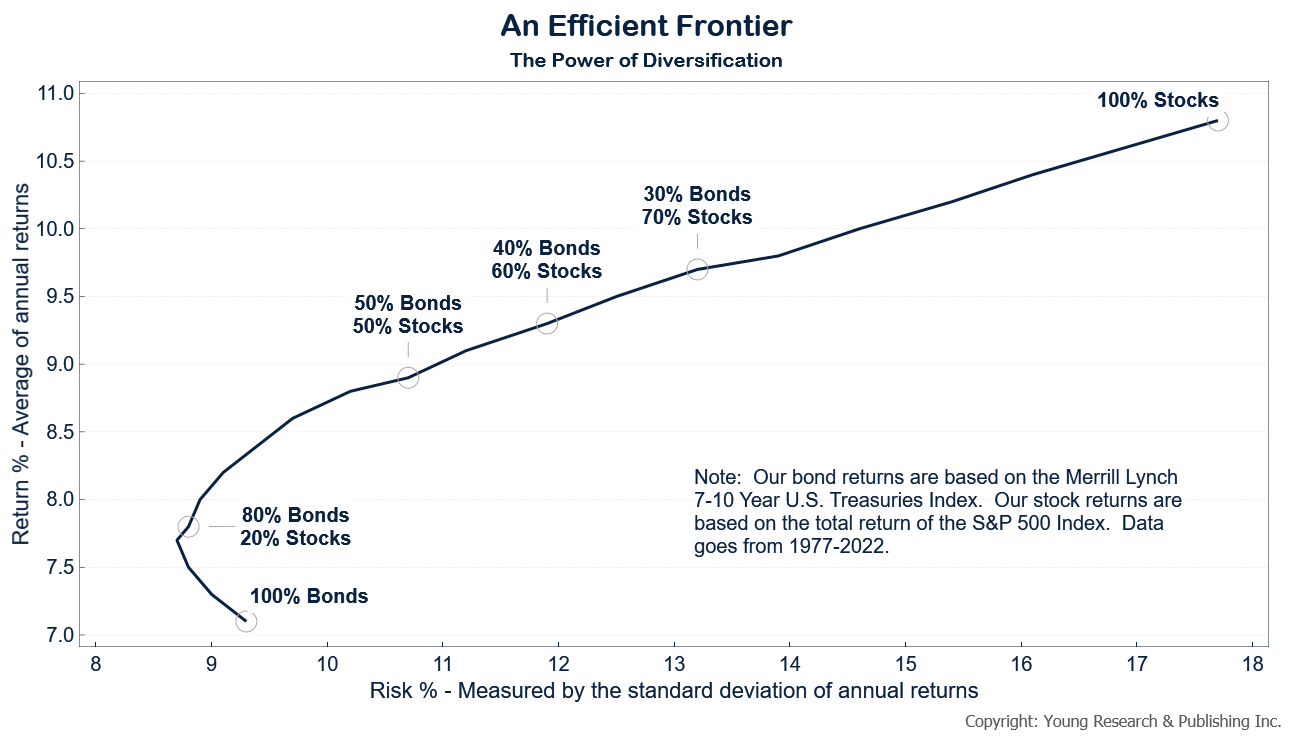You need to sit up and pay attention. As if managing money weren’t hard enough already, there’s some fine print I want you to understand. The issue is whether your investment advisor/broker works under a fiduciary or suitability standard. There’s a big difference between the two.
When you work with a broker, he is guided by the weaker suitability standard. It basically means putting you into the best product suitable to you that’s he’s selling. Think of it like going to McDonald’s. You’re getting something your way, but it’s still basically a burger, chicken, or piece of fish.
But what if you’re a vegetarian? And you can’t possibly stomach another one of their so-called salads? You need to move on to another venue.
An investment advisor, on the other hand, must follow a strict fiduciary standard or diet, if you will. That means it’s the investment advisor’s responsibility to find the best investment for your situation, no matter what.
In my example, that may mean packing the fam back into the car to find a new place to eat.
Suitability versus fiduciary standard is the fierce debate going on behind closed doors down in Washington. Guess who has the most seats at the table?
Big Wall Street brokerages depend on the suitability standard. They have the distribution network already in place with their army of brokers. All they need to do is shout the command and soldiers peddle the equivalent of the burgers, chicken, and fish to the uninformed prey.
But don’t take my word for it. “Those dealing with a broker are under the misconception that they’re dealing with a financial professional legally obligated to put their best interests first; that’s not the reality,” says Barbara Roper, director of investor protection at the Consumer Federation of America.



